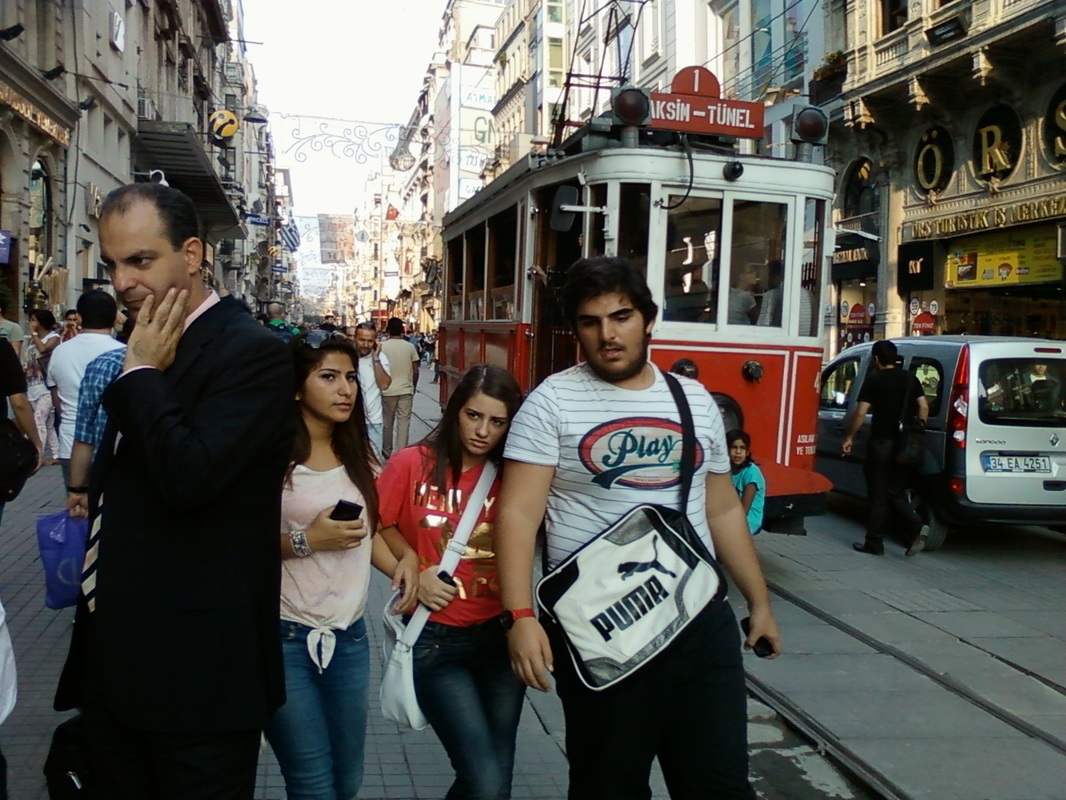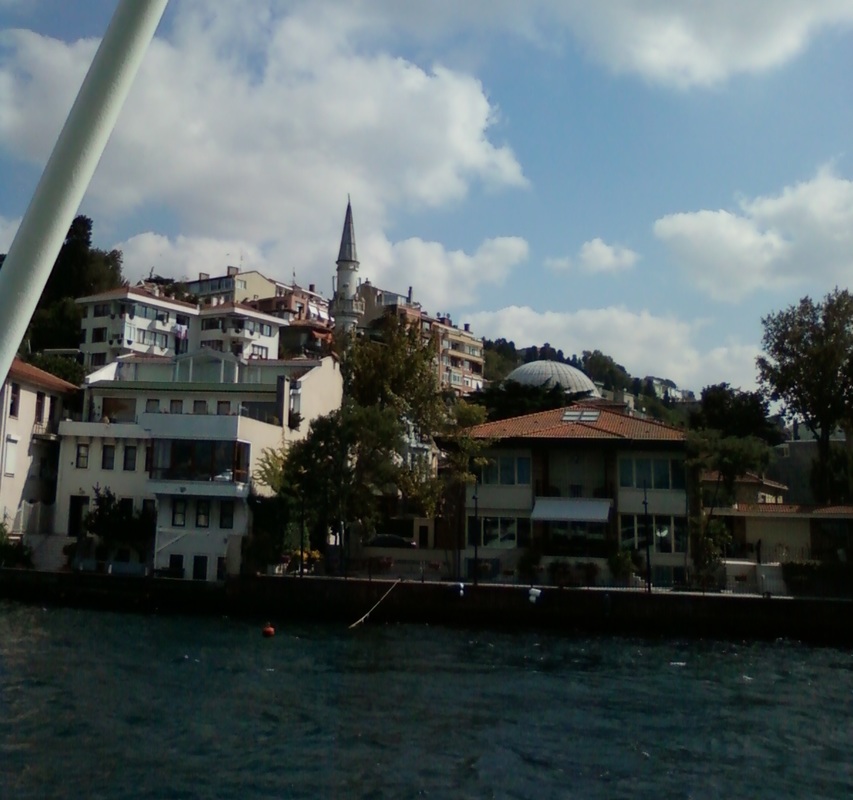|
Our journalist/scholar family friend in Istanbul writes about the upheaval in her country. Please see:
www.phillymag.com/news/2016/07/19/turkish-coup-philadelphia/ * * * We know Nice. My wife was recalling how she and our daughter Corinna walked that promenade years ago. We always talk with awe about France. Our friend Sam who lives in the Alps says the nihilists hate it because it is beautiful. We also know Istanbul. We went there in the lush fall of 2012. There were rumblings, omens, but also waves of beauty and history and comfort. We walked the hills, took trolleys along the Bosporus, visited mosques, drank coffee. One day we took a ferry to the Princes islands, a leisurely hour north of the city. The main island, Büyükada, was like one of those vanishing bucolic American islands. We bought baked potatoes for takeaway and strolled the streets. On the ride back we passed Yassiada, a smaller, more rugged island. “That’s where they kept political prisoners,” a chatty man told us. We looked it up. A former prime minister, Adnan Menderes, was held on Yassiada before being executed at a more distant island on Sept. 17, 1961. That is apparently the most recent political execution, as Turkey sought its place, straddling Europe and Asia. We visited Asia – Uskadar, with markets and cafes and an admirable book store. We consider Turkey one of the best vacations we have ever taken -- the farms and villas and rolling countryside near Izmir and Ephesus. The other night we watched glimpses of the troubles -- bridges and hills and buildings that looked familiar, but this was no travelogue, not with crowds in the streets, soldiers in the streets, rumors and bullets flying. Will there be new executions in the wake of the attempted coup? Could we once again take that modern T1 tram line from Kabataş to Bağcılar, gliding through neighborhoods, chatting as we did with a nice Jordanian couple? More important, for the people who live there, can that great city endure, with one foot in each world? We sit home and grieve for the great places.
bruce
7/17/2016 12:30:14 pm
George,
Altenir Silva
7/17/2016 01:21:51 pm
Dear George,
Hansen Alexander
7/19/2016 09:50:37 am
A lovely salute to two beautiful countries, and two beautiful cities. For your Army information, Istanbul is the favorite tourist city for the great Army fullback of the late 1960s, Charlie Jarvis.
charlie vincent
7/23/2016 11:48:37 am
George, my wife and I were in Turkey last October and were concerned then about the limits being put on press freedom. But we never saw a problem during our time in Kusadasi, Epheses and Istanbul. Like your correspondent, I viewed with sadness the familiar sites on the night of the coup. America has no good side to come down on here. So glad we saw Turkey in a peaceful time
George Vecsey
7/24/2016 09:20:27 am
Charlie, great to hear from you. 7/31/2016 04:25:19 am
Enough with the boring classes and seminars; pack your bags and visit the royal city of Jaipur! Experience the enthralling Elephant Safaris at Amber Fort and Palace and add colours to your childhood fantasies of living a royal life on the back of the massive Elephants.
Weddings are extraordinary so why get hitched in a normal place. It is not obligatory to have a goal wedding. There are a lot of stunning wedding settings in and around Delhi you ought to look at on the off chance that you are making arrangements for a wedding at any point in the near future. Visit: <a href="http://resorts.neardelhi.in/wedding-venues-delhi.html ">Wedding Vanues in Delhi</a> Comments are closed.
|
Categories
All
|











